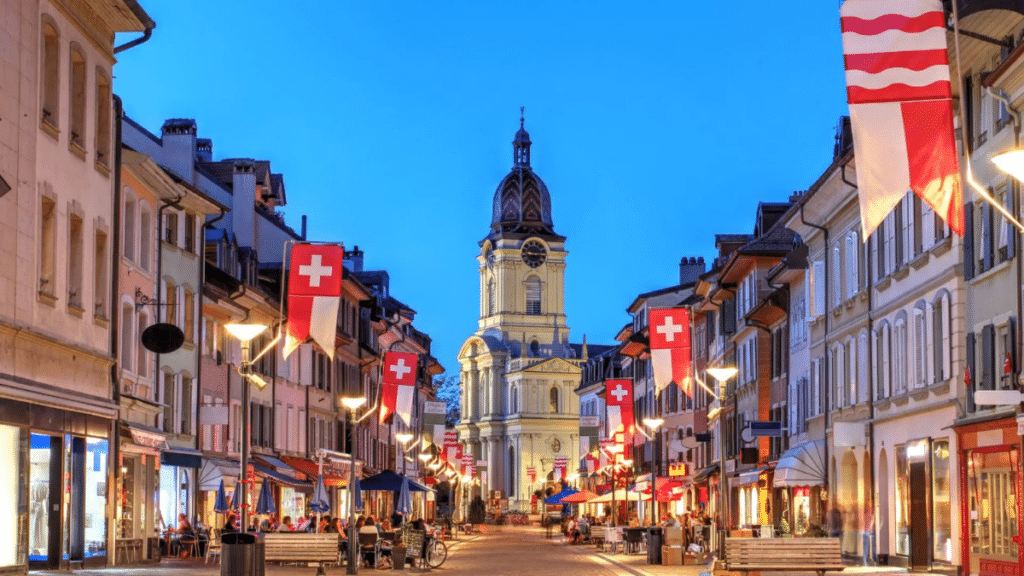In February, the data reveals that inflation in Switzerland has returned to its 2021 level, reaching 1.2%, in comparison to the corresponding period last year. This aligns Switzerland with its European counterparts on a similar trajectory. The country, with a population of 8.8 million, has been experiencing a gradual slowdown in inflation over the past several months, and February saw a modest deceleration compared to the 1.3% rate observed in January.
The Swiss Federal Statistical Office (FSO) reported on Monday that prices continued to climb in various categories such as air transport and housing rentals. Conversely, common food items and beauty products have become more affordable.
Switzerland’s economy has demonstrated resilience in comparison to its European Union neighbors, who have faced greater challenges due to the economic and financial repercussions of the conflict in Ukraine. Despite a peak in Swiss inflation at 3.5% in August 2022, the highest in nearly three decades, it remains considerably lower than the EU’s peak of 11.5% at the end of the same year.
The positive performance in February positions Switzerland closer to its target inflation rate below 2%, providing room for the Swiss National Bank (SNB) to potentially lower interest rates in the coming weeks. Presently, Swiss interest rates remain at 1.75%, unchanged since June 2023. Persistent market expectations of central bank rate cuts have been fueled by recent statements from an SNB economist applauding the return of price stability.
